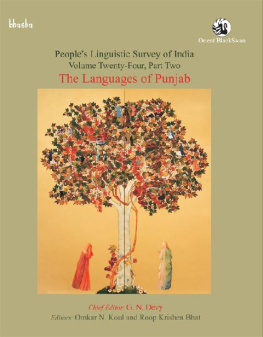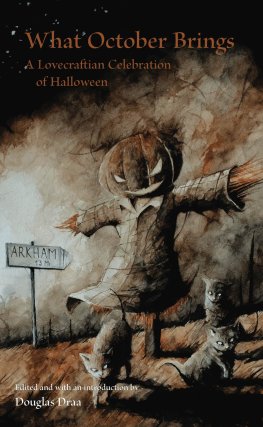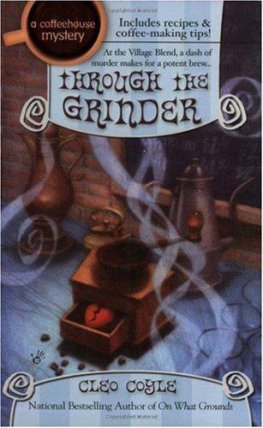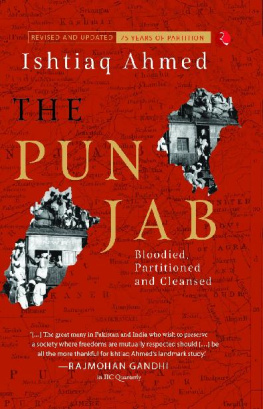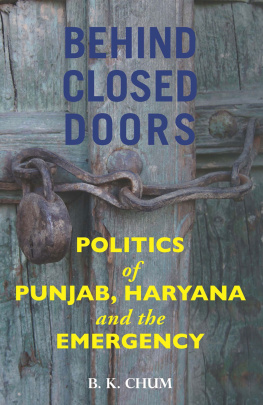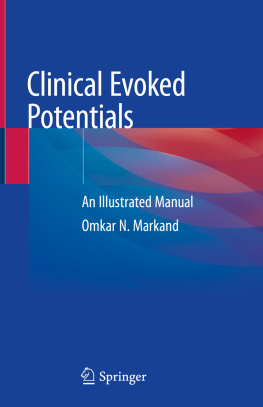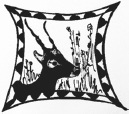Peoples Linguistic Survey of India
Volume Twenty-Four, Part II
THE LANGUAGES OF PUNJAB
For our entire range of books please use search strings " Orient BlackSwan ", " Universities Press India " and " Permanent Black " in store.
Peoples Linguistic Survey of India
Volume Twenty-Four, Part II
THE LANGUAGES OF PUNJAB
Chief Editor
G. N. DEVY
Editor
OMKAR N. KOUL
ROOP KRISHEN BHAT
The following are applicable for the maps in this book:
Government of India, Copyright, 2015.
The responsibility for the correctness of the internal details rests with the publisher.
The territorial waters of India extend into the sea to a distance of twelve nautical miles measured from the appropriate base line.
The coastlines of India agree with the Record/Master Copy certified by the Survey of India vide their letter No. 667/62A3/A dated 15 December 2015.
The spelling of names in the maps, have been taken from various sources.
THE LANGUAGES OF PUNJAB
Orient Blackswan Private Limited
Registered Office
3-6-752 Himayatnagar, Hyderabad 500 029 (A.P.), INDIA
e-mail:
Other Offices
Bengaluru, Bhopal, Chennai,
Guwahati, Hyderabad, Jaipur, Kolkata,
Lucknow, Mumbai, New Delhi, Noida, Patna, Vijaywada
Volume Twenty-One, Part II
Bhasha Research and Publication Centre 2016
First published by Orient Blackswan 2016
eISBN 978-93-5287-513-9
e-edition:First Published 2018
ePUB Conversion: .
The Peoples Linguistic Survey of India is a project of Bhasha Research and Publication Centre, partly funded by Sir Jamsetji Tata Trust, Mumbai.
All rights reserved. No part of this publication may be reproduced, distributed, or transmitted in any form or by any means, including photocopying, recording, or other electronic or mechanical methods, without the prior written permission of the publisher, except in the case of brief quotations embodied in critical reviews and certain other noncommercial uses permitted by copyright law. For permission requests write to the publisher.
The Peoples Linguistic Survey of India |
What is the Peoples Linguistic Survey of India?
The Peoples Linguistic Survey of India is a rights-based movement for carrying out a nation wide survey to identify, document and understand the state of Indian languages, especially languages of fragile nomadic, coastal, island and forest communities.
The PLSI is carried out by scholars, writers and activists in partnership with members of different speech communities.
It is a quick, non-hierarchical, public consultation and appraisal, intended as an aid to cultural impact assessment of development, and as an acknowledgement of the self-respect and sense of identity of all, especially the endangered speech communities of India. The PLSI is guided by the National Editorial Collective, constituted voluntarily.
The main objectives of the PLSI are
To provide an overview of the living languages of India as they are by 20112012.
To create an action network of members committed to sustainable development, irrespective of diverse social and cultural contexts, and of community custodians of life enhancing systems and traditions.
To build bridges among diverse language communities, and thereby to strengthen the foundations of multilingual, multicultural Indian society.
To create closer links between the government and speech communities, and to bring the universal developmental strategies of the government in harmony with ecologically and culturally diverse communities.
To develop teaching material and capability for promoting education in mother tongue.
To provide a baseline for any future survey of Indias linguistic and cultural composition.
To arrest extinction of linguistic, cultural and biological diversity, nurtured by speech communities over generation, and to protect one of the few surviving bastions of linguistic diversity in the world in the interest of human security and survival.

The National Editorial Collective |
Chairperson
G. N. Devy
Conveners
D. P. Pattanayak
K. K. Chakravarty
Andhra Pradesh
A. Usha Devi
Chandra Shekhar Reddy
Arunachal Pradesh
Lisa Lomdak
Assam
Bibha Bharali
Banani Chakravarty
Bihar
Vibha Chauhan
Chhatisgarh
C. R. Kar
B. R. Sahu
Goa
Madhavi Sardesai
Gujarat
Kanji Patel
Haryana
Omkar N. Koul
Roop Kishen Bhat
Himachal Pradesh
Tobdan
Jammu & Kashmir
Omkar N. Koul
Jharkhand
Ramnika Gupta
Prabhatkumar Singh
Karnataka
H. M. Maheshwariah
Rajeshwari Maheshwariah
Kerala
M. Sreenathan
Joseph Koyippally
Madhya Pradesh
Damodar Jain
Maharashtra
Arun Jakhade
Manipur
K. Nipuni Mao
Kownigly Wangla
Meghalaya
Esther Syiem
Mizoram
Cherrie Lalnunziri Chhangte
L. Thangi Chhangte
Nagaland
D. Koulie
Odisha
D. P. Pattanayak
M. K. Mishra
Punjab
Omkar N. Koul
Roop Kishen Bhat
Rajasthan
Madan Meena
Surajmal Rao
Sikkim
Balaram Pandey
Tamil Nadu
V. Gnansundaram
K. Rangan
Tripura
Sukhendu Debbarma
Uttar Pradesh
Ashish Kumar Anshu
Badri Narayan
Uttarakhand
Uma Bhatt
Shekhar Pathak
West Bengal
Sankar Singha
Indranil Acharya
Union Territories
Andaman and Nicobar Islands
Francis Neelam
Dadar and Nagar Haveli
Kanji Patel
Daman and Diu
Kanji Patel
Lakshadweep
M. Sreenathan
Puducherry
L. Ramamoorthy
G. Ravishankar
Pan-Indian/National/Classical Languages
Avadhesh K. Singh
L. Khubchandani
Sukrita Paul Kumar
T. Vijay Kumar

